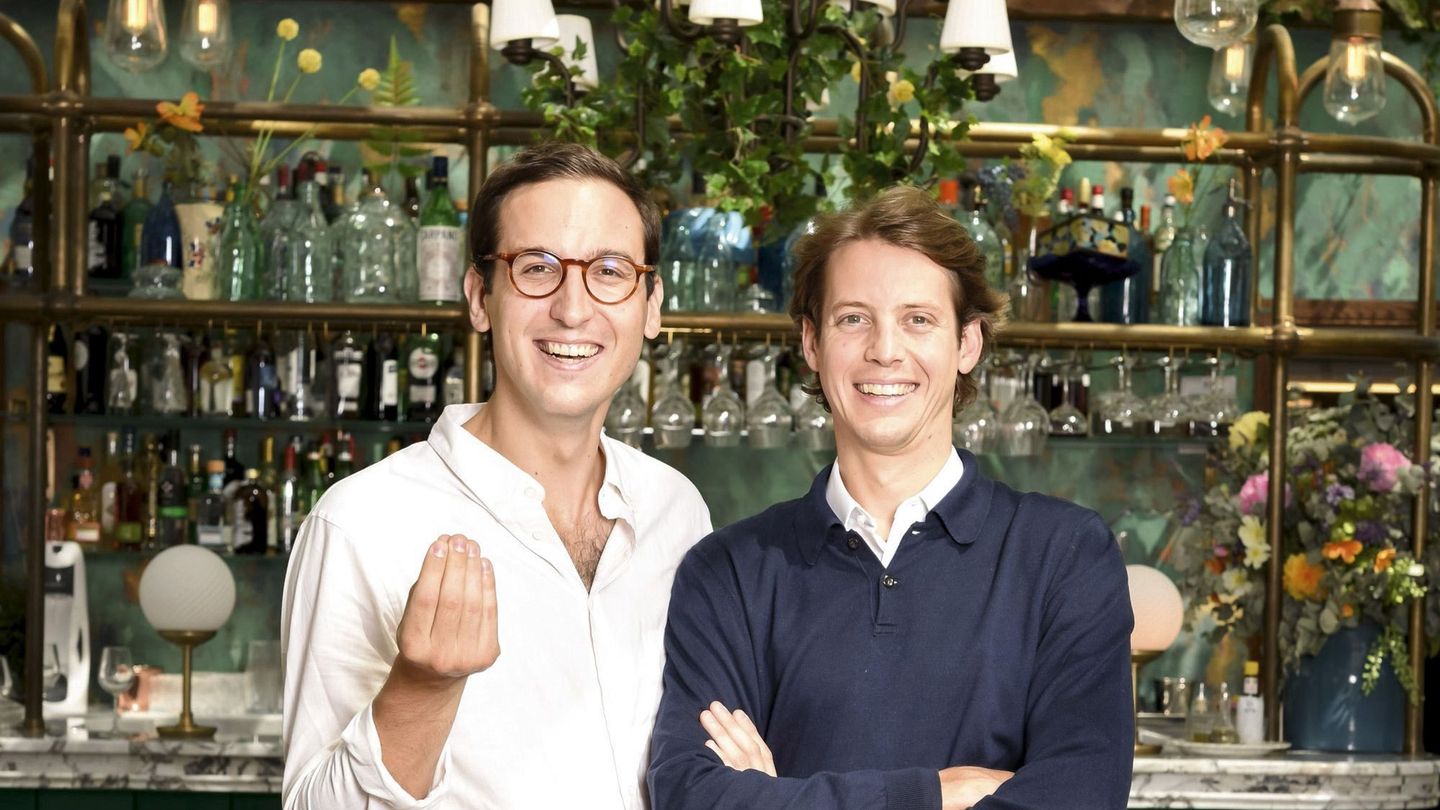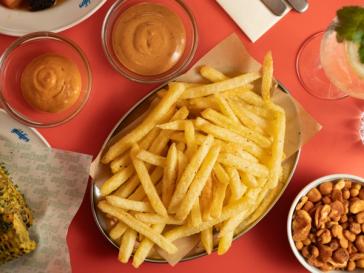

How to build a restaurant empire: Victor Lugger, co-founder of Big Mamma group
He's one half of the team behind some of the most popular restaurants in Europe. But it's been a long road to get here...
Words: Joseph Bullmore
The day I fell in love with cooking was the day I left home. My mother and my grandmother are the most amazing cooks. Once I left, I realised that I’d have to do it myself. So I got on the phone, at the age of 20, and I asked my mother: ‘How did you cook this? How did you cook that?’ At first, I was terrible — I made all the usual mistakes, and a lot of inedible food. But slowly I got better. And the better I got, the more my love of food grew.


